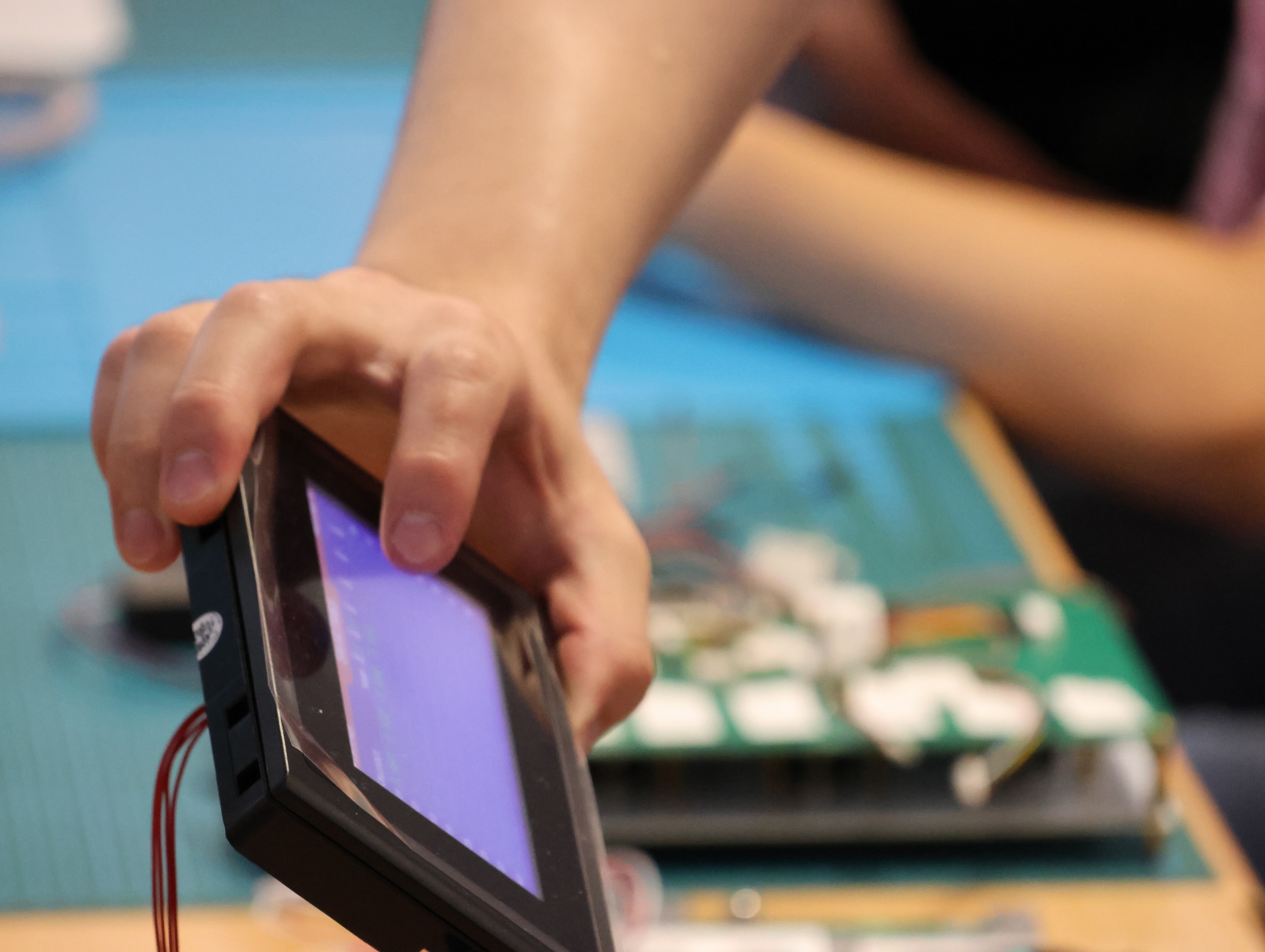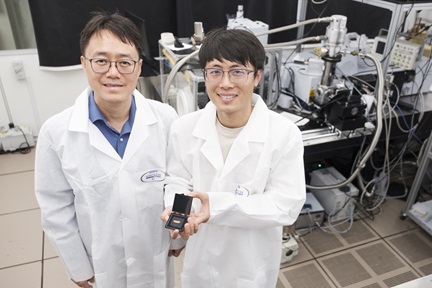Breaking Boundaries in Innovation
The School of Electrical and Electronic Engineering (EEE) at NTU has come a long way since its inception as one of the three founding engineering schools in 1981. As of today, the School of EEE has become a leading research-intensive engineering school in the world and produced over 36,000 electrical engineers who are contributing actively to the economy of Singapore and the world. The school has also produced many impactful research and innovation. One of the spin-off companies, Nanofilm Technologies International, started by an EEE faculty in 1999 has become a high-tech unicorn with a billion-dollar market capitation.
Today, we have over 110 faculty members, 3,000 undergraduate students and more than 2,000 graduate students who have made their choices of quality education at EEE. The School of EEE is ranked among the best global Electrical and Electronic Engineering schools in the world. It is ranked 4th in the 2025 QS World University Rankings by Subject and joint-1st in Asia. It is again ranked 1st in Best Global Universities for Electrical and Electronic Engineering in the 2025 US News and World Report. In the 2024 Shanghai Ranking’s Global Ranking of Academic Subjects, it is ranked 6th in the world.
Enabling unparalleled innovations, the School strives to continue developing strong research capabilities in the domain of Electrical and Electronic Engineering, with research focuses in (1) Data & Information Science and Systems; (2) Autonomous and Intelligent Systems; and (3) Smart Materials, Electronics and Photonics, to address the complex challenges of the 21st century, while raising Singapore’s profile as a top-notch global research hub.
Research Area
Find out moreCross-cutting Research Thrust Areas
The following three cross-cutting research thrust areas are to address the key technology areas as future technology roadmap for the School of EEE:
- Data & Information Science and Systems
- Autonomous and Intelligent Systems
- Smart Materials, Electronics and Photonics



















.tmb-listing.jpg?Culture=en&sfvrsn=57e7d9a3_1)

